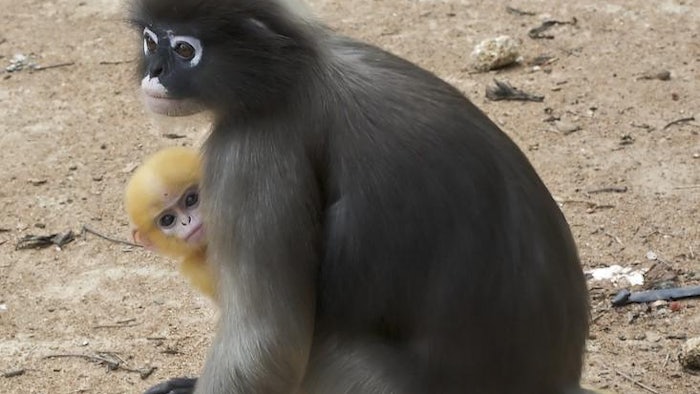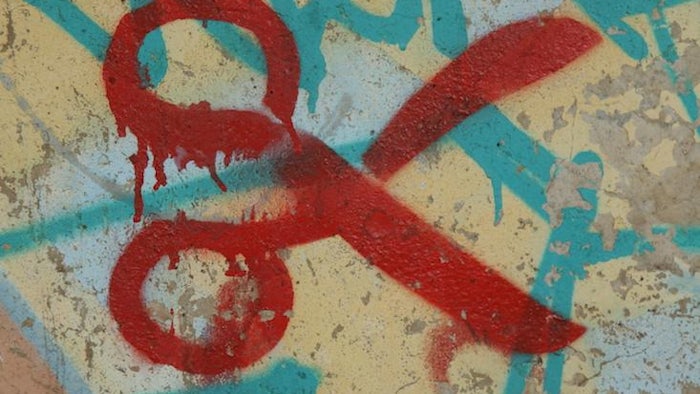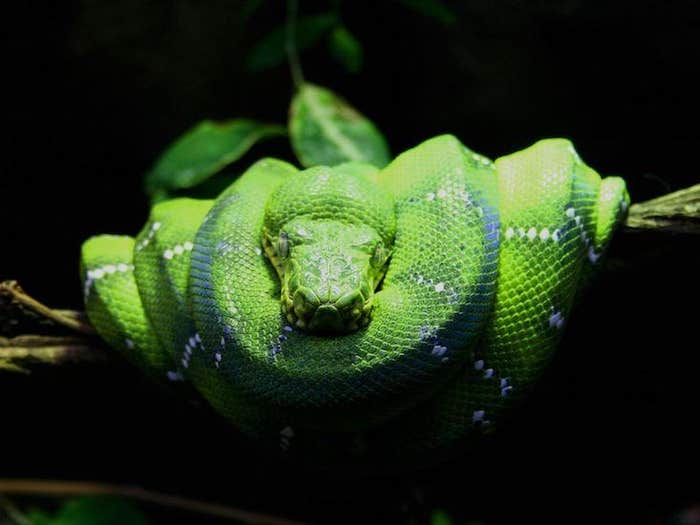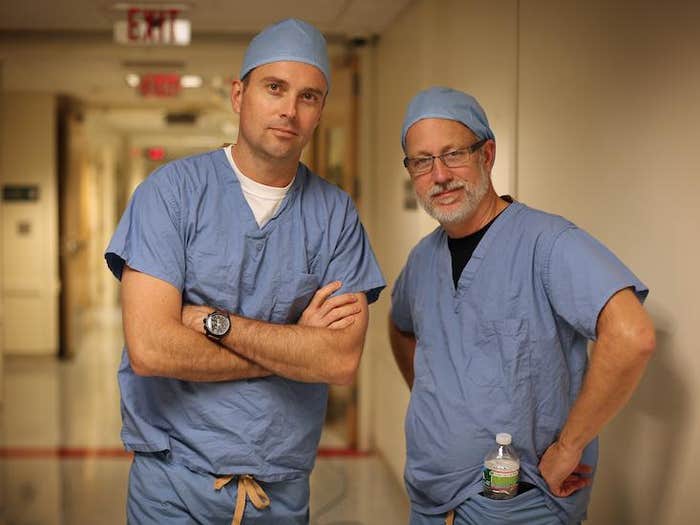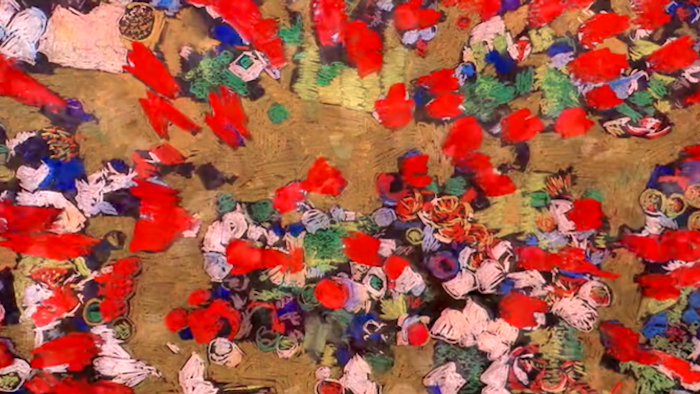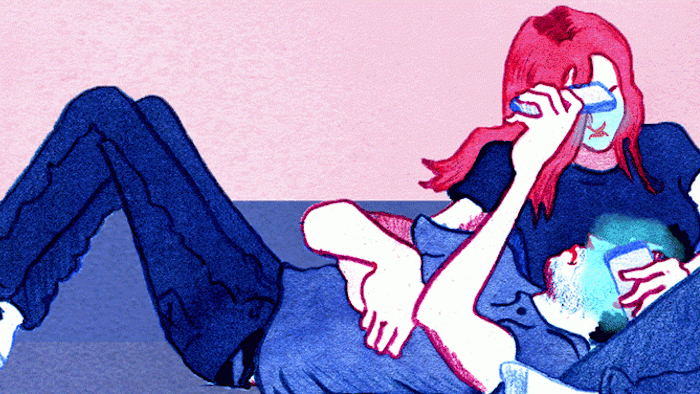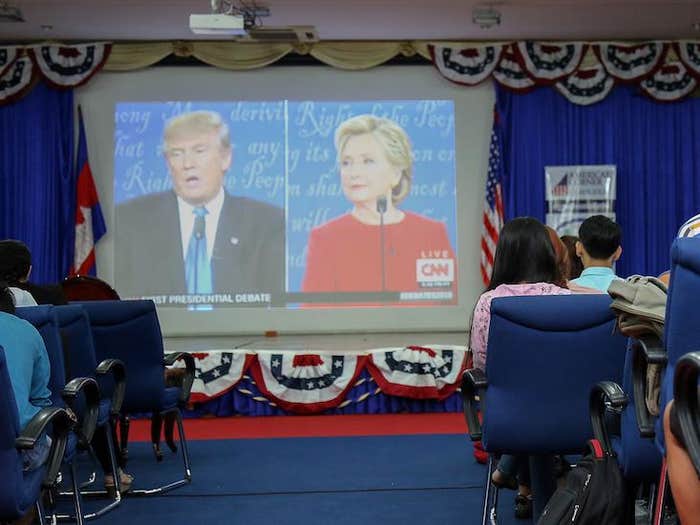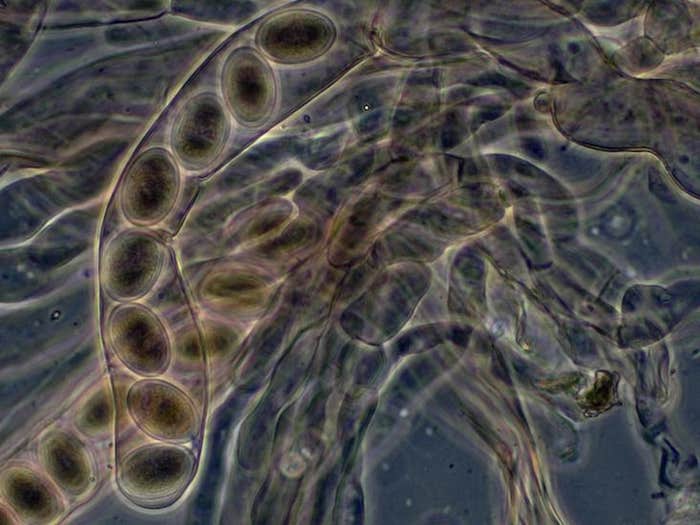Issue_41
37 articles-
Why Primates Kill Their Offspring
There’s something morbidly fascinating about animals that seem to behave pathologically: The female praying mantis engaging in sexual cannibalism, the fish eating its own fry. It was this sort of twisted behavior that first drew anthropologist and evolutionary biologist Sarah Hrdy (pronounced Hur-dee) to study langurs in Mount Abu, in India. The males among these […] -
Why Hasn’t Natural Selection Eliminated Heritable Disease?
John Charles Martin “Johnny” Nash was a teen when he first started hearing a voice in his head. A born-again Christian, he interpreted this voice as God speaking to him. Once, he walked into the middle of a busy highway because the voice said he should. He was an accomplished chess player and math whiz, […] -
The Neo-Platonic Argument for Evolution Couldn’t Be More Wrong
Is evolutionary biology about to prove a two-millennia old metaphysical speculation? Or is metaphysics about to fundamentally change the way we look at biology? Andreas Wagner, a developmental biologist at the University of Zurich, argues for both theses. I’m not convinced. Just read the last two sentences of his 2014 book, Arrival of the Fittest: […] -
How Climate Change Makes Social Learning Among Animals More Important
Put yourself in the mind of a killer whale. Let’s say you’re the little guy in the picture below. So far, you’ve lived off of a diet of only marine mammals: seals, sea lions, porpoises, even otters on occasion. Your family has taught you how to hunt these animals. You spend hours swimming alongside your […] -
7 DIY Treatments to Avoid the Doctor
A South American legend has it that, centuries ago, a native, suffering from high malarial fever, got lost in the Andes. Thirsty, he drank from a pool of stagnant water. The bitter taste prompted a ghastly realization: The surrounding cinchona trees, whose bark was thought to be poisonous, must have contaminated the water. He thought […]
-

Leesa Mattresses Will Help You Avoid Buyer’s Remorse
Buyer’s remorse. It’s that sickening feeling you get when you come home from the store, unwrap your purchase, and start thinking about should-haves and could-haves. A 2014 Psychology and Marketing review identifies some of the reasons that spur this most uncomfortable of consumer emotions: getting new information after purchase, for example, or using the product […]
-

The Social Physics of Trump’s Shock Tactics
Even as some describe his campaign as being in “melt-down mode,” political scientists and pundits are still searching for ways to explain the “Trump phenomenon.”1 They attribute his success in the Republican primaries to a host of factors, from the American public’s frustration with establishment politics to their belief that he can provide national and […]
-

How Autism Shaped the Modern Conversation
On Facebook, iPhone messenger, and What’s App, conversation is often silent and devoid of body language. Emotions are condensed to icons on a screen: a happy face, a wink, or a kiss blown to a loved one through LTE and pixels. These emoticons (a portmanteau of “emotion” and “icon”) and emojis (everything else from crocodiles […]
-

Is an Engineer an Artist?
One of my favorite moments from the history of science comes from a man whose name may be hard to improve on: Robert Rathburn Wilson. In 1967, in the midst of the space race with the Soviet Union, he became the first director of the National Accelerator Laboratory (later to be renamed, in honor of […]
-
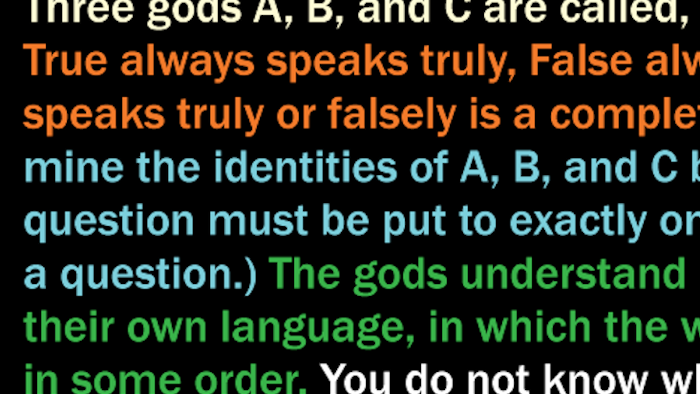
How to Solve the World’s Hardest Logic Puzzle
While a doctoral student at Princeton University in 1957, studying under a founder of theoretical computer science, Raymond Smullyan would occasionally visit New York City. On one of these visits, he met a “very charming lady musician” and, on their first date, Smullyan, an incorrigible flirt, proceeded very logically—and sneakily.“Would you please do me a […]
-
Feel Different: Breaking Your Cell Phone’s Hold
Unreliable rewards trap us into addictive cell phone use, but they can also get us out. -
Ingenious: Richard Dawkins
The evolutionary biologist reads Robert Frost. -
The Martians Are Coming—and They’re Human
How settling Mars could create a new human species. -
The Real Reason You’re Voting for Clinton or Trump
The Lebanese-Canadian professor of marketing Gad Saad (both sound like “sad”) can readily defend evolutionary psychology against the charge that it’s a convenient, “just-so story.” (Before diving in, he said, “Forgive me, it’s going to be a bit long-winded, because your question is an important one.”) He founded and developed the field of “evolutionary consumption” […] -
Look Through This Microscope and Tell Us What You See
As you look closer and closer at the world, you find more and more levels of organization. And at many of those steps, the view is fantastic. From butterfly wings to snowflakes, zooming in on the world around us can reveal incredible symmetries and patterns, and sometimes pure chaos. Seen at a microscopic level, things […]










